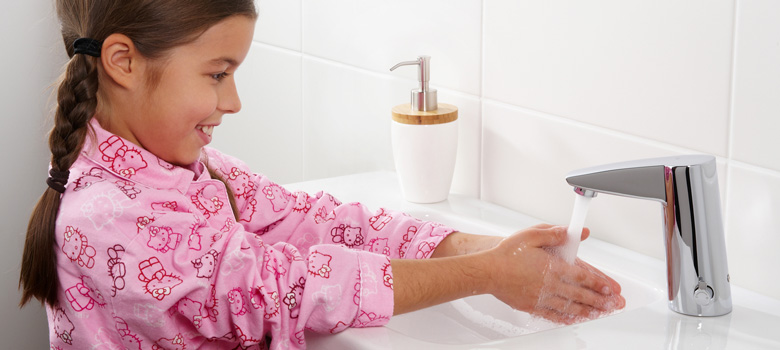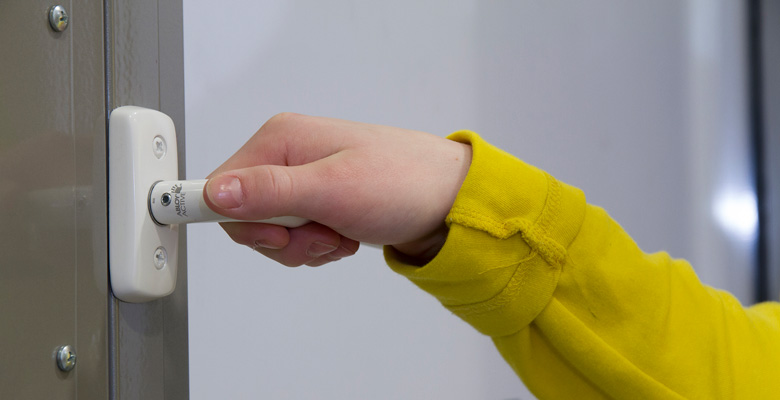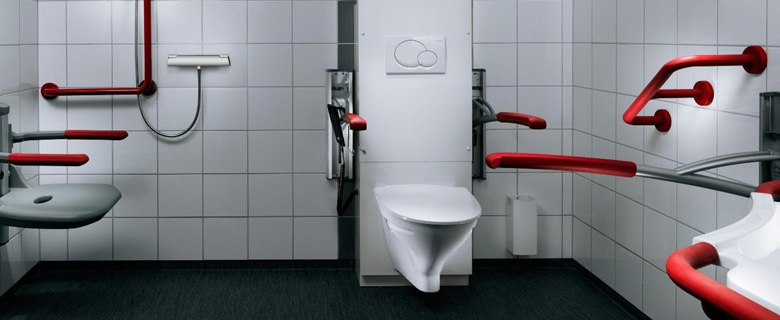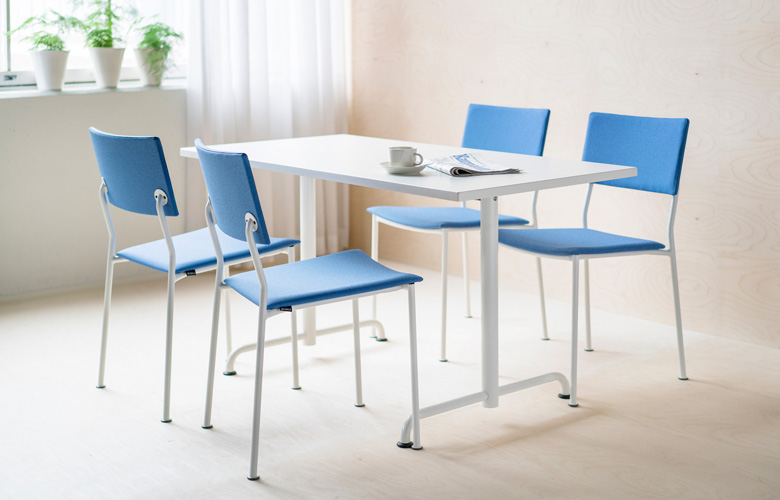
Paula Salastie - Businessman of the Year
Finnish Businessmen's Association, in collaboration with Aalto University and Kauppalehti have chosen Paula Salastie, CEO of Teknos Group, as the Businessman of the Year 2016.

Leading Finnish companies have combined their forces and expertise to create the world's first holistic hygienic product package for public spaces.
The HygTech Alliance is a group of five Finnish companies aiming to develop products and solutions related to hygiene management. The companies in the alliance – Isku, Oras, Korpinen, Abloy, and Teknos – are convinced that building technology solutions and fittings developed for hygiene management will enable a significant reduction in the rates of hospital infections and other diseases transmitted through contact.

The rise of bacterial resistance to antibiotics and various epidemics such as avian flu, swine flu, and MRSA, which has occasionally caused major disturbances in hospitals, have been the cause of concern and the subject of much debate. The alliance aims to play its part in supporting work to prevent infectious diseases and strives to identify solutions to epidemics and global challenges such as pandemics.
The hygienic INFRALIT EP/PE 8235 was developed by Teknos and is the most effective powder coating on the market in terms of preventing microbial growth. It is an ideal coating solution for sites that demand the highest hygiene standards.
Superb collaboration with Abloy Oy, a supplier of door environments, led to Teknos joining the alliance. The research-focused project is ideal for all companies that invest in research and development.

"The HygTech Alliance is a great opportunity to design and develop cleanroom solutions for various sites in accordance with the customer's needs," says Harry Kouri, sales manager and expert in powder coatings at Teknos.
“There are also doctors and other health care experts involved in the project, and we worked with them to consider various solutions,” Kouri says.
HygLi, a joint project run by the Satakunta University of Applied Sciences and the Pori unit of the University of Turku School of Economics, has been involved in preparing the new RT card series to support the construction of hygienic indoor environments. Hygiene in the indoor environments of buildings has become a new business area.

”The RT card will be available in February 2017 and it will include new guidance on building design and maintenance. The RT card series represents an excellent opportunity for us to provide builders with information about new products and solutions,” Harry Kouri says.
The RT card file is a collection of information from Finnish publisher Building Information Ltd. It contains information and guidance on topics such as designing premises, construction, contracts in the construction sector and the division of responsibilities. Building Information also works in cooperation with international organizations and associations in the construction sector with the aim of promoting healthy, high-quality construction.
When the key contact surfaces are made hygienic or completely contact-free, the number of diseases and infections that are transmitted through contact can be reduced by up to 50%. In turn, this reduces the rate of absence from work due to illness and will lead to significant savings in factors such as health care costs.

By investing in products developed for hygiene management, companies and organizations that build public spaces can invest in better health and in financial well-being.
Further information: www.hygtechalliance.com
around the world
in Europe
in Finland
New materials and solutions developed for hygiene management can reduce hospital infections by up to 60%, which means annual savings of approximately EUR 4 billion in Europe.
